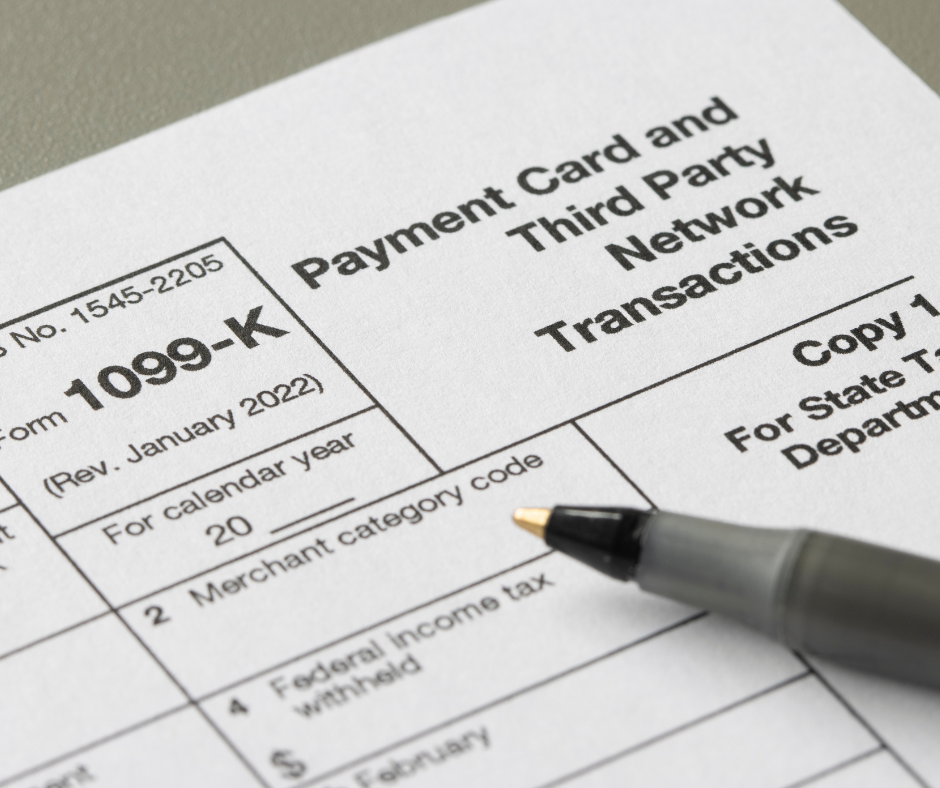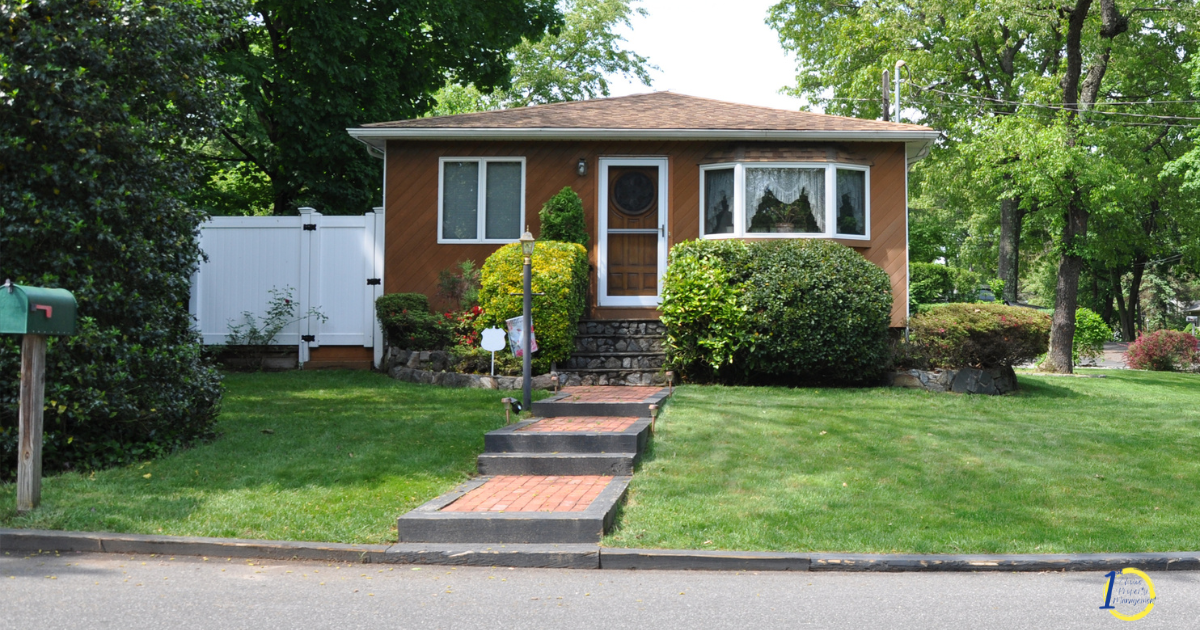Guide for Property Managers During Tax Season and Issuing 1099s to Landlords
With tax filing season underway, many taxpayers, particularly those with income streams beyond the traditional 9-to-5 job model, are grappling with increased levels of anxiety. For new landlords, navigating the complexities of tax obligations can be particularly daunting, as they grapple with understanding what expenses are deductible and whether they meet the threshold for taxation on rental income. As a property manager, it falls upon you to facilitate this process and alleviate the burden for your clients. Let's delve into the essentials of tax statements and 1099 forms to ensure smooth sailing through tax season.
Understanding the 1099 Form
A crucial aspect of tax compliance for landlords is the filing of the 1099-MISC tax form, specifically designed for reporting miscellaneous income exceeding $600. This entails sending a 1099 form to each landlord who has received over $600 in rental income from properties within the past year. The purpose of this form is to enable landlords to compile a comprehensive tax statement detailing their rental business income and expenses for the fiscal year.
The deadline for sending out these forms is before February 1, affording landlords ample time to incorporate the information into their federal tax filings by either February 28 or March 31 for online filers. Additionally, contractors who have received payments exceeding $600 for services rendered during the year also require 1099 forms.
Ensuring Accurate Reporting
To facilitate accurate and compliant reporting, specific information is requisite for each 1099 form. This includes the recipient's Tax ID Number (usually the social security number), their address, and the total funds disbursed. Additionally, landlords must be informed about any expenses paid on their behalf, as these factor into their Schedule E return, which delineates rental income, expenses, and resultant profit or loss.
Navigating Deductions
As a property manager, you possess access to pertinent information regarding your clients' properties, enabling you to furnish them with details on deductible expenses for the fiscal year. These typically include expenditures related to maintenance and repairs, as well as professional property management fees. Any other expenses paid on behalf of landlords, such as utilities, property taxes, or insurance premiums, should also be communicated for comprehensive tax reporting.
Streamlining the Process
Efficiency is paramount in streamlining the tax filing process and ensuring that landlords have all requisite information at their disposal. Proactive record-keeping is essential, as scrambling to compile data at the eleventh hour can lead to undue stress and inconvenience for clients. Leveraging efficient property management software facilitates seamless tracking of owner disbursements and expedites the finalization of 1099 forms within the stipulated timeframe.
Collaborating with Property Management Professionals
Partnering with a reputable property management firm offers landlords peace of mind during tax season, as these professionals oversee meticulous record-keeping to ensure the availability of all necessary information for tax filings. By entrusting your property management needs to capable hands, you can navigate tax obligations with ease and confidence.
As a property manager, it is incumbent upon you to facilitate a smooth tax filing process for your clients by providing comprehensive guidance on tax statements and 1099 forms. By adopting proactive measures, leveraging efficient software solutions, and collaborating with experienced professionals, you can alleviate the anxieties associated with tax season and foster a seamless experience for landlords.
Share this post















